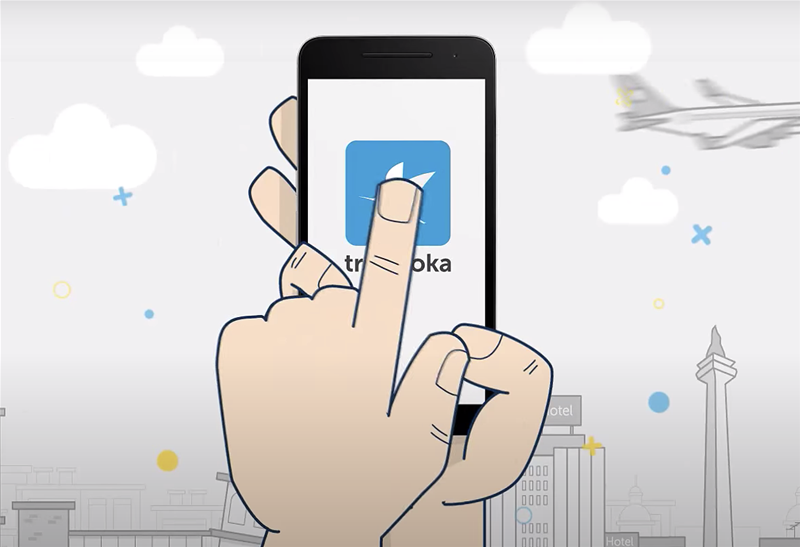Traveloka is continuing to invest in building data literacy across its workforce, reflecting the company’s long-term commitment to data-driven culture and decision-making.
Corporate analytics and BI lead Umesh Ramakrishnan told Tableau DataFest Asia Pacific 2022 conference that the company, which makes a Southeast Asian travel "super app", had invested heavily in data during his time at the organisation.
Ramakrishnan said Traveloka was keen on “data democratisation”, which he defined as providing the right people with access to the right data at the right time.
Though the company has only existed for a decade, it has grown from a single product to “20-plus” products serving six countries, and this - Ramakrishnan said - had increased complexity when it comes to data, and specifically data quality.
He said that “a significant amount of investment” had been put into democratisation: improving data quality and ensuring the people accessing the data were able to interpret it (and had the internal permissions to do so).
Ramakrishnan said that Traveloka had also set up self-serve capabilities for staff so that they did not need to pass everything via a central data function.
“There is a high demand when it comes to data within our organisation, so it’s impossible for a centralised function to cater to all the needs,” he said.
“Five years ago, what we decided is we want to introduce the self-service analytics capability within our organisation.
“By starting this journey, we ensure that people have access to the right level of data, they’re able to do the analysis or generate insights without coming to the data team.
“They no longer have to wait in a queue to make any kind of decisions - the data team is no longer the blocker.”
Ramakrishnan said the move had reduced the time-to-decision for different business units and other interested parties.
The company coupled this with data literacy training to aid interpretation of the data, efforts that continue to this day.
“Almost all decisions within Traveloka are either data-backed or an experiment to run scenarios, so we’ve put a lot of emphasis into data literacy programs,” Ramakrishnan said.
“A lot of our investments are into training to be able to access data and also to interpret the data.
“One of the challenges we see is it’s not about the technical [skills], rather it’s about how people interpret the data. There are multiple ways that people can look at the data and make their own interpretation, and so we wanted to standardise that and improve their quality of data literacy.”
When new staff are onboarded, they are given an understanding of Traveloka’s data ecosystem, key metrics, and the process they need to go through to make data-driven decisions.
“A lot of our training programs are designed in such a way that people would be able to go through this journey of getting exposed to data to be able to make those [data-driven] decisions,” Ramakrishnan said.
He added that in his experience, companies often ran into difficulties with data-driven decision-making because they focused too heavily on technology and tooling.
“At the end of the day it’s all about the people and processes,” he said.
“If you put a lot of emphasis on the processes that you build and in training your people and getting the right buy-in from them, and introducing [to them] the mindset of transformation, only then will your projects actually be successful.”
iTnews Asia reported earlier this year that Traveloka is also scaling up its use of artificial intelligence internally.









